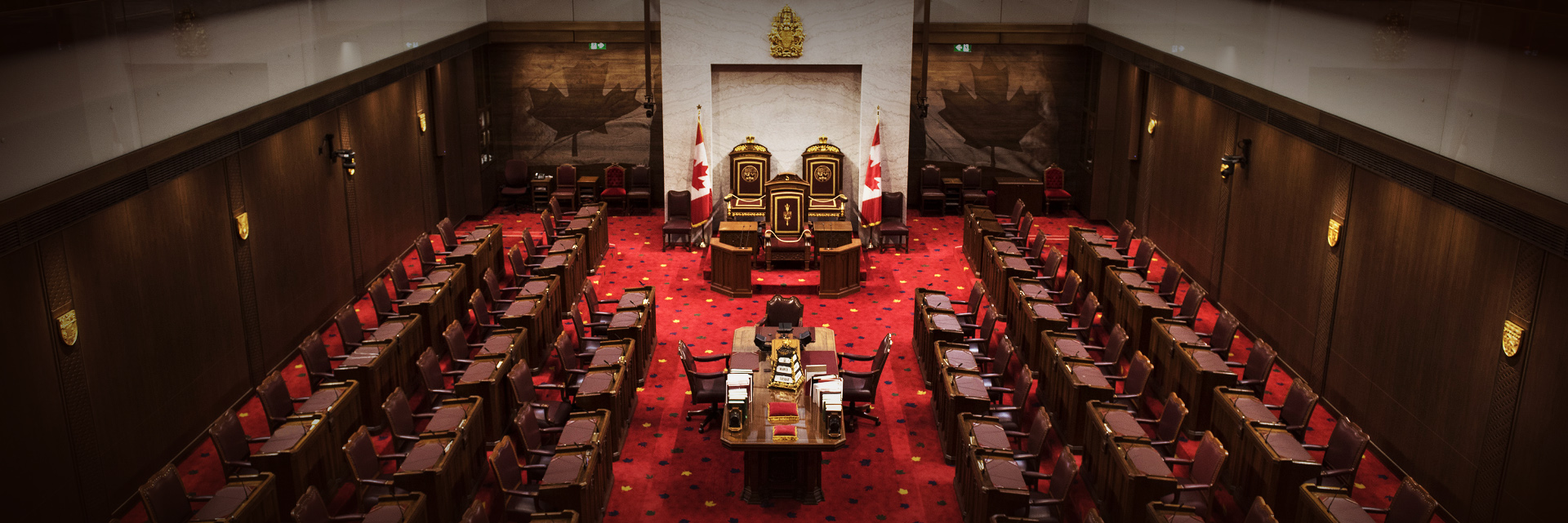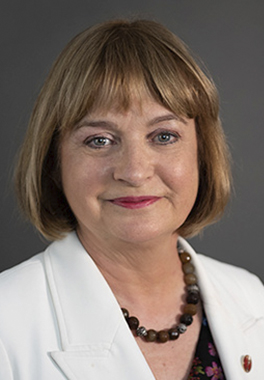
QUESTION PERIOD — Ministry of Canadian Heritage
Canadian Content
March 19, 2019
Minister, a big conference bringing together telecom companies and Quebec creators was held at HEC Montréal in late January. The clear consensus was that the federal government has the tools it needs to immediately force digital and streaming platforms like Netflix, and others, to contribute financially to Canadian content. Why not act now?
There is an urgent need to promote Quebec and Canadian content on digital platforms because, according to Quebec’s creators, our cultural sovereignty is at stake.
Senator, thank you for that question, which touches on a subject that is both current and vitally important.
First of all, I have some general comments to make about our approach to culture. We’ve invested more in culture than any other government, more than all the other G7 countries. We’ve invested in CBC/Radio-Canada, Telefilm Canada, the NFB and the Canada Council for the Arts. Why? Because our culture is fundamental. That is why we’re putting our creators at the centre of what we’re doing. It is also why we’ve created an expert panel to study the issue. Its first report, which is due in June, will give us some guidance on how to proceed. In the long term, when we draft our culture legislation, which won’t take long once the report comes out, we will make sure that everyone participating in the system, and I mean everyone, will contribute. There will be no free passes.
If I can just digress briefly, one of the reasons why we can continue to make legislation and do important things for culture is that we succeeded in maintaining the cultural exemption in our negotiations with our friends, the United States and Mexico. That is an extremely important point.
I also want to mention that I am definitely not here to defend Netflix and other web giants. They have a lot more money than I do, and better lawyers, too. They have a role to play as well, but, consequently, once we get the recommendations, we’re going to make sure everyone participating in the system contributes.
I’m a little concerned about your timeline. The panel is supposed to submit an interim report within three months, but the final report setting out the recommendations isn’t due until 2020. There’s going to be an election between now and 2020. Can you tell us whether you plan to introduce legislation on this very important issue before the election?
Once again, thank you for the question. We already have a pretty good idea of what the June report will say. The final report is due in January 2020, the first month of 2020. That being said, we won’t be sitting back doing nothing between now and then. We have been monitoring the expert panel’s work, and we will continue to do so. Ideas have been put forward, and things are being discussed internally.
Why? Because, senator, we completely agree that this is urgent. There are major changes going on. These are fundamental changes, and if you look at ad spending by our governments or the private sector, you can see that spending is moving from traditional media to digital platforms. We can see that culture is being consumed differently. My daughter, who just turned 17, spends her time on her phone, not working, but watching movies. Everything is changing. There are radical changes going on. These are fundamental changes, and we must act quickly. You’re absolutely right. Even though the committee has not yet submitted its report, we are getting ready, but we are waiting for the final report before we introduce any legislation.

